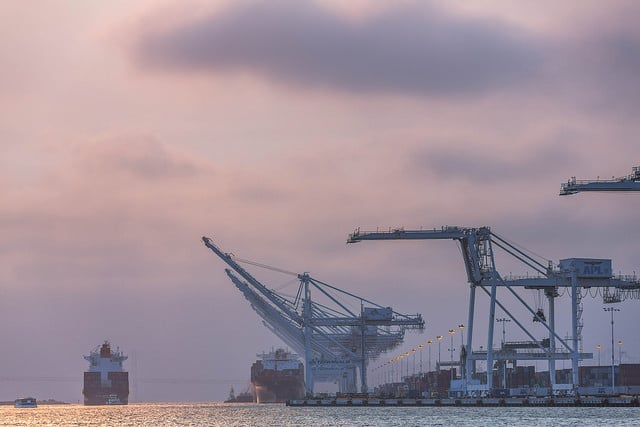
US authorities’ move to require documentation showing the source of quartzite in solar module imports should come as no surprise, experts have said, amid suggestions most companies will be able to overcome the latest hurdle that threatens to delay shipments.
Under the Uyghur Forced Labor Prevention Act (UFLPA), solar panel importers are now required to trace their supply chains and prove that key inputs, including quartzite, are not coming from China’s Xinjiang region, according to Dan Whitten, vice president of public affairs at the Solar Energy Industries Association (SEIA).
Unlock unlimited access for 12 whole months of distinctive global analysis
Photovoltaics International is now included.
- Regular insight and analysis of the industry’s biggest developments
- In-depth interviews with the industry’s leading figures
- Unlimited digital access to the PV Tech Power journal catalogue
- Unlimited digital access to the Photovoltaics International journal catalogue
- Access to more than 1,000 technical papers
- Discounts on Solar Media’s portfolio of events, in-person and virtual
Or continue reading this article for free
“We believe that the information Customs is seeking can be obtained and it is our expectation that most companies should be able to meet the requirements of the UFLPA,” Whitten said in a statement.
US Customs and Border Protection (CBP) detained shipments of one leading module manufacturer and required documentation showing the source of quartzite, according to a research note published earlier this week by Philip Shen, a senior research analyst at investment bank Roth Capital Partners.
The UFLPA, which come into force on 21 June, bans the import of products from Xinjiang unless importers can prove they weren’t made using forced labour. Polysilicon is one of the high-priority sectors for enforcement.
“We are not surprised to see that CBP is requiring documentation all the way up to quartz,” said Frédéric Dross, vice president of strategic development at STS, a testing, inspection and certification company. “The UFLPA guidance is clear that traceability of the entire supply chain is needed. The question is how strict would CBP be in enforcing that.”
When contacted to comment, a CBP spokesperson said he didn’t have data yet on specific cases.
Mariya Stoyanova, director of supply chain sustainability services at STS, said the other aspect in the UFLPA implementation to watch out for is polysilicon co-mingling, “as both the CBP operational guidance and the UFLPA strategy mention that imports from sites with dual sourcing will be at higher risk of detention”.
In guidance published earlier this month, CBP said solar module importers may need to provide supply chain documentation that demonstrate all entities involved in the manufacture of a particular good and the country of origin of each material used. It added that importers may also provide a flow chart that shows the origin of each material in the supply chain, including quartzite.
Allison Nyholm, vice president of policy at the American Council on Renewable Energy, said: “Traceability protocols are important but the scope and timing should be well communicated to the industry for purposes of compliance.”
The escalation in enforcement comes as US solar players work to ramp up deployment following President Biden’s decision to waive tariffs on solar imports from Southeast Asia for two years.
In comments sent to PV Tech yesterday, polysilicon manufacturer Wacker said it supported its polysilicon customers under the US’ withhold and release order and will continue to do so under the new UFLPA requirements.
US-based polysilicon manufacturer Hemlock Semiconductor said it sources all metallurgical-grade silicon from suppliers using quartz mined from North and South American sources.
“We are in compliance with CBP’s requirements, and are working closely with our partners to provide material manifest and proof of supply chain security documentation,” The company said in a statement.
